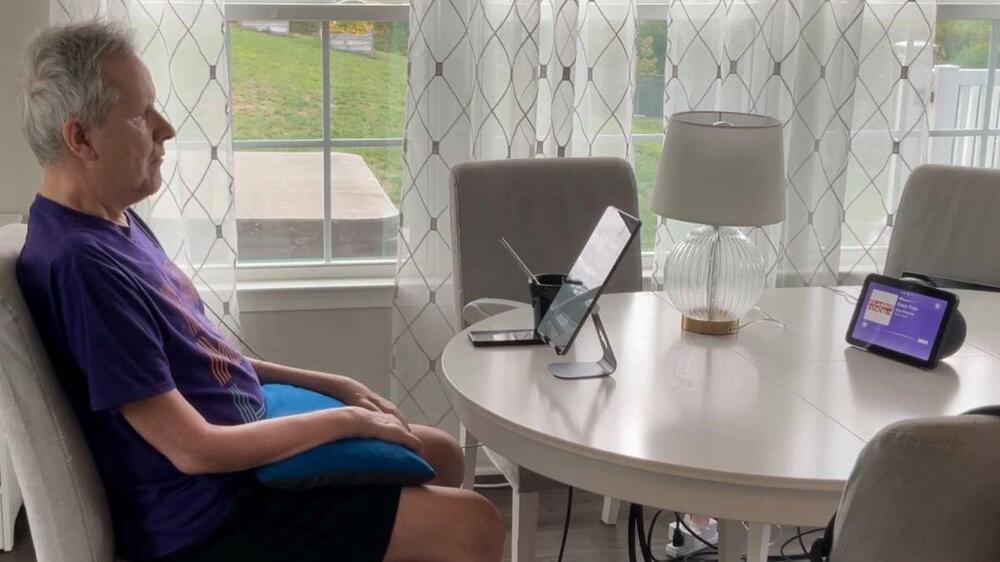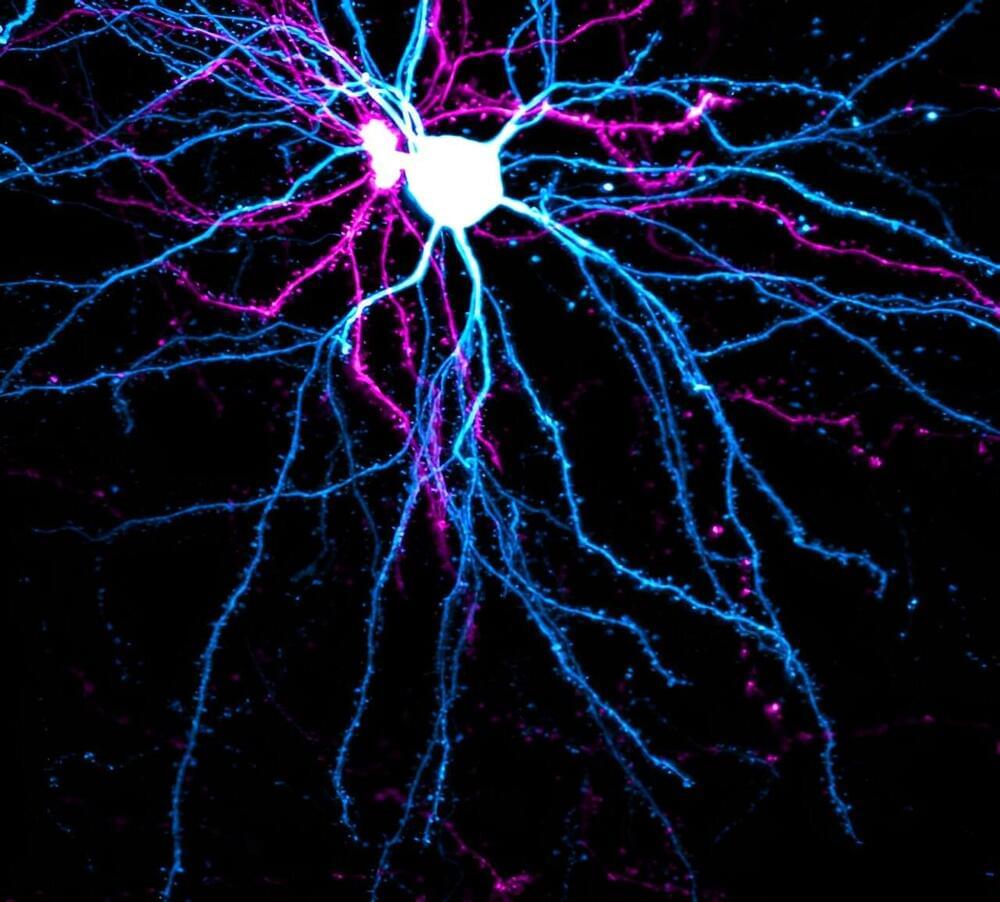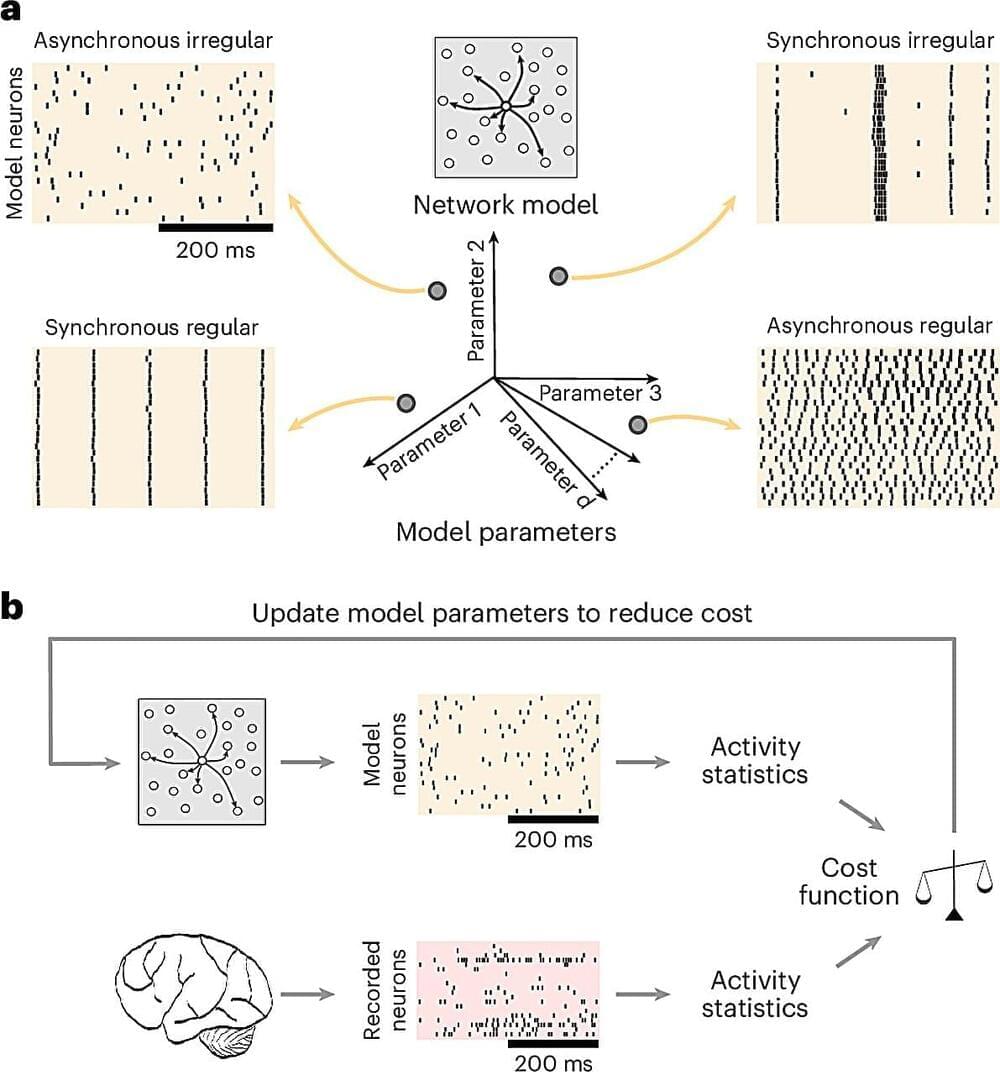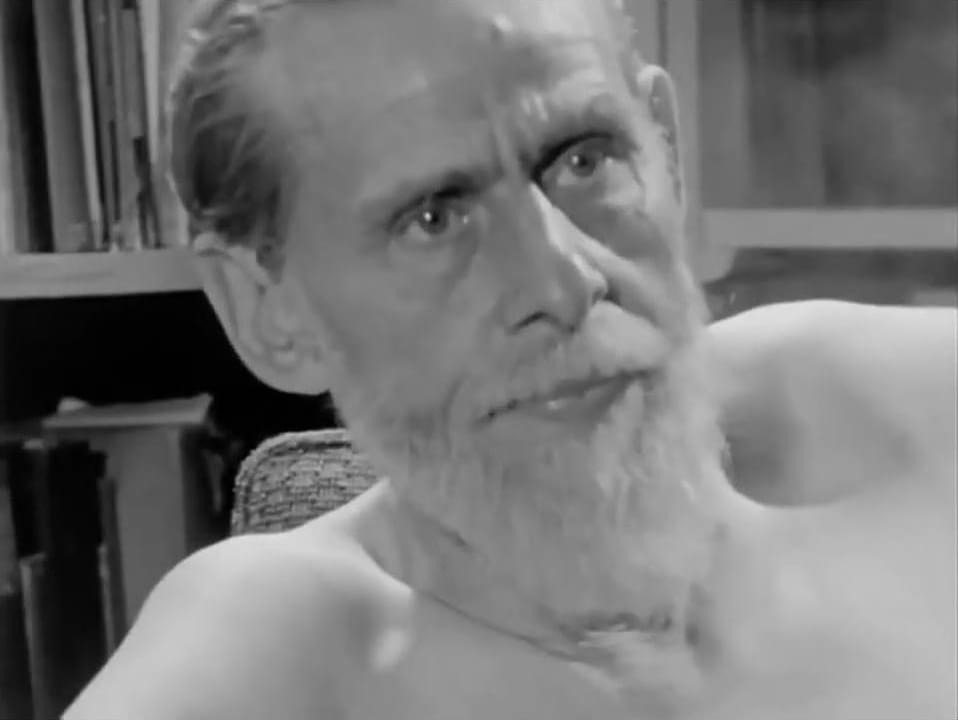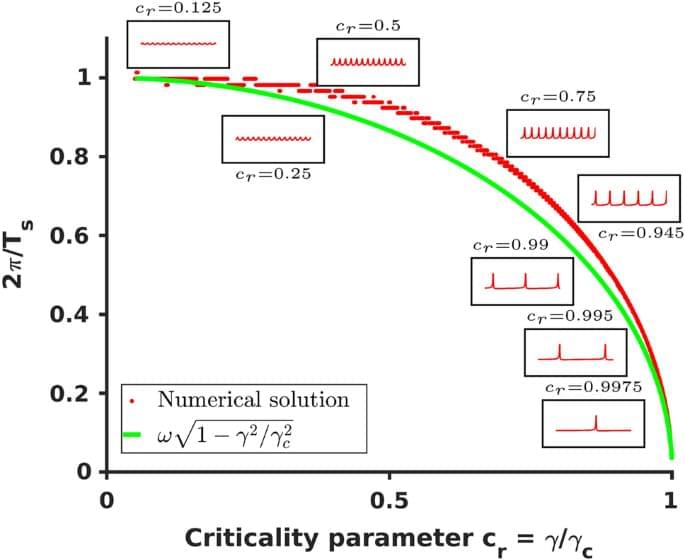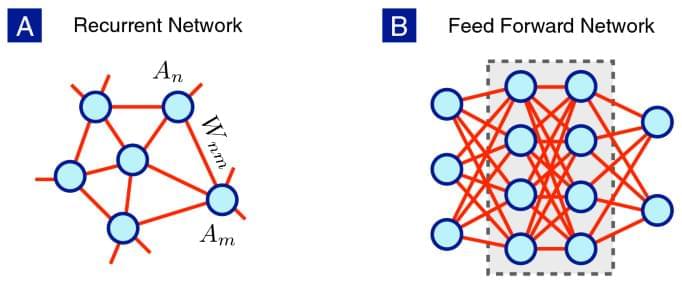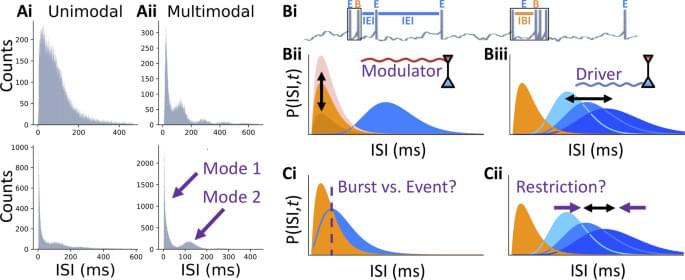Sep 17, 2024
Brain implant allows man to control Amazon’s Alexa with his mind
Posted by Roman Kam in categories: neuroscience, robotics/AI, security
“To be able to manage important aspects of my environment and control access to entertainment gives me back the independence that I’m losing,” Mark said.
The chip sits on a blood vessel and senses his brain activity, which is then translated into specific commands and sent to his digital devices for recognition. In a video shared by Synchron, Mark is seen mentally tapping on icons on his devices, ordering Alexa to turn the lights on and off, and checking his security camera to see who is outside — all without using his hands or voice.
“Synchron’s BCI is bridging the gap between neurotechnology and consumer tech, making it possible for people with paralysis to regain control of their environment,” Thomas Oxley, the company’s chief executive, said. “While many smart home systems rely on voice or touch, we are sending control signals directly from the brain, bypassing the need for these inputs. We’re thrilled … to address a critical unmet need for millions of people with mobility and voice impairment.”
